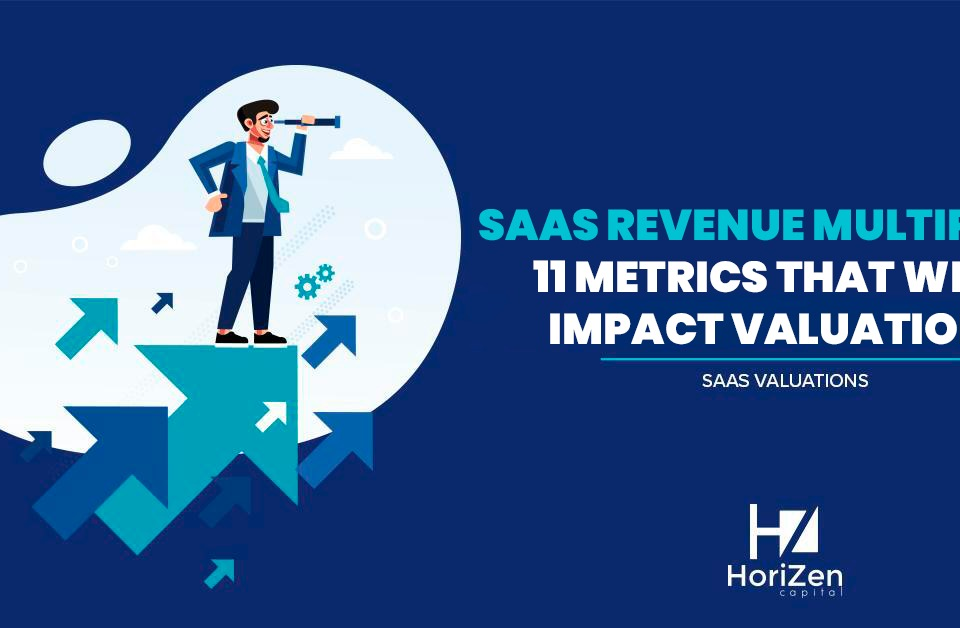
5 Key Steps on How to Value a Business
04/17/2020
6 Tips on How to Grow a SaaS Business
09/11/2020Between 2015 and 2019, there have been over 4000 transactions in the SAAS space, with ~1300 in 2019 alone as per SEG report. Motivations for selling the company varies for different businesses from strategic rationale, to the need of external expertise, to an increase in scale & distribution, or capitalization on innovation, or increased access to larger markets, opportunities and shareholder liquidity.
On the buyers’ end, strategic acquirers are the most active, always looking to add new platforms, but private equity firms have continued to become major players in the market. Like every other industry, transactions in the software space also take anywhere between 3 to 12 months. However, the rising interest in the space, recurring revenue nature of businesses and diverse list of prospective buyers, puts the companies in a position to generate significant interest and maximize its returns.
In the post, we explain the entire sell side process and the key steps in executing a transaction at a high level, broken down in the three following steps:

- Preparation
- Getting house in order including IP/financial/governance audits
- Establishing timeline, preliminary valuation and preparation of marketing materials
- Strategy and prospecting buyers
- Marketing
- Targeting qualified buyers
- Initiate conversations and manage process with buyers
- Provide preliminary due diligence
- Closing
- Manage legal and financial due diligence
- Negotiate definitive purchase agreement
- Manage deal risk
Preparation
Getting house in order including IP/financial/governance audits
The seller should take necessary steps to prepare the company for sale from a corporate housekeeping perspective. A seller must anticipate the questions and concerns of a prospective buyer and be prepared to provide the appropriate information for review. In addition, a seller should understand the pricing parameters for selling the business in preparation of discussing the financial terms and conditions. The seller should identify all potential operational, legal and financial hurdles to a successful transaction, such as unregistered trademarks, difficulties in obtaining a third-party consent, operational cost concerns, legal ramifications etc.
The financial audit should include an examination of certain key financial ratios, such as debt-to-equity, turnover, and profitability. The audit should also look carefully at the company’s cost controls, technology stack, overhead management, and profit centers to ensure the most productive performance. The audit may also uncover certain sloppy or self-interested business practices that should be changed before you sell the company. This strategic re-engineering will help build value and remove unnecessary clutter from the financial statements and operations.
Establishing timeline and preliminary valuation; preparation of marketing materials
The company along with the advisors should decide on the transaction timeline and understand the baseline valuation for the company based on a combination of precedents, comps and other valuation methods. All the necessary marketing materials including executive summary, information memorandum, management presentation and other documentation like NDA and initial bid process letter must be prepared and tailored according to needs.
Sales strategy and prospecting buyers
A key step in any merger or acquisition process is generating a list of the potential buyers. The first step in generating the target list is determining the set of categories of companies that would be likely interested in the selling entity.
Once the potential categories are determined, it is a relatively straightforward exercise to determine which companies belong in each of the categories. the seller has 4 ways it can organize the deal process: Broad auction, Limited auction, Targeted auction and Exclusive negotiation. In this approach the company or advisor coordinates more informally with identified buyers and ensures that each of the target buyers are contacted simultaneously. In addition, each of the targets are examined more closely for strategic fit, and often the communication and marketing materials are tailored to underscore the strategic rationale of the proposed transaction.
Marketing
Targeting qualified buyers
Each buyer requires a different tailored messaging to maximize interest in the selling company’s business. Some keys metrics to gain interest would be the high revenue growth potential / TAM / franchise value, cross-sell opportunities, competitive positioning, high quality customer base, greenfield opportunities, risk diversification etc. Distribute the CIM and all the other necessary marketing material tailored to each category.
Initiate conversations and manage process with buyers
Approach the buyers and receive preliminary indications of interest. As you receive the preliminary interest request or non-binding indications of interest, prepare data room and due diligence sessions. Look for the indicative price, conditionality, status, safeguards and essential terms of the negotiation.
Provide preliminary due diligence
Arrange due diligence visits, meeting and sessions, product due diligence coordinate response to buyers’ questions and confirm financing arrangements (as appropriate)
Closing
Manage legal and financial due diligence
Help the acquirer manage final due diligence such as prompt response of those third parties whose consent may be necessary to close the transaction, such as landlords, bankers, key customers, suppliers, or venture capitalists. Explain the status of any remaining problems to the prospective buyers and negotiate and structure the ultimate deal accordingly.
Negotiate definitive purchase agreement
Receive and evaluate final bids, draft definitive agreement, handle exclusivity requests and confirm confirmatory due diligence. Prepare and negotiation the definitive legal purchase agreement and all the necessary conditions to closing and obtaining key third party consents if any.
Any unfinished documents necessary for closing, such as title documents and officers’ certificates, should be negotiated and prepared. All of the details of closing should be addressed. All preparations should be made for the provision of tax opinions, legal opinions, “bring-down” certificates and other documents for delivery at closing.
Manage deal risk
The company show ensure timely follow through and settlement of any post-closing obligations. Monitor post-closing performance under commercial agreements, earn-out results and payments, interest or principal payments and covenants not to compete and assist in preparing information to be utilized in labor negotiations.
If you need help in preparing your business for an exit or need M&A advisory services, reach out to our team and speak to an M&A advisor at HoriZen Capital to walk you through the process and get you the highest value for your business.



